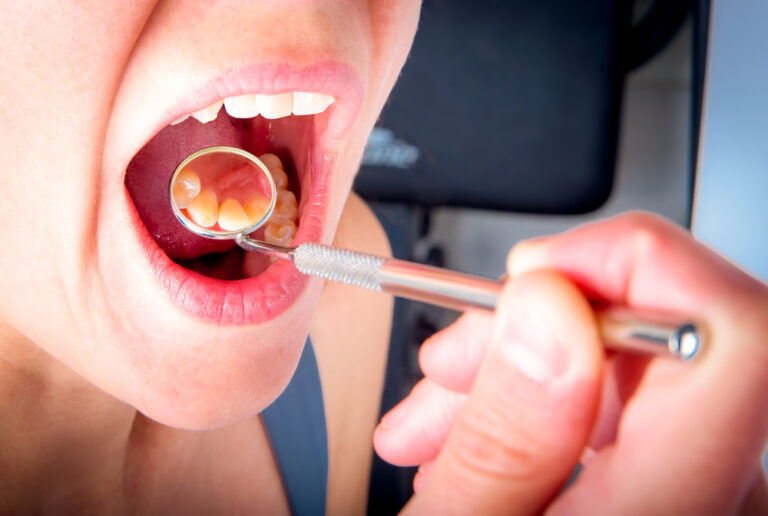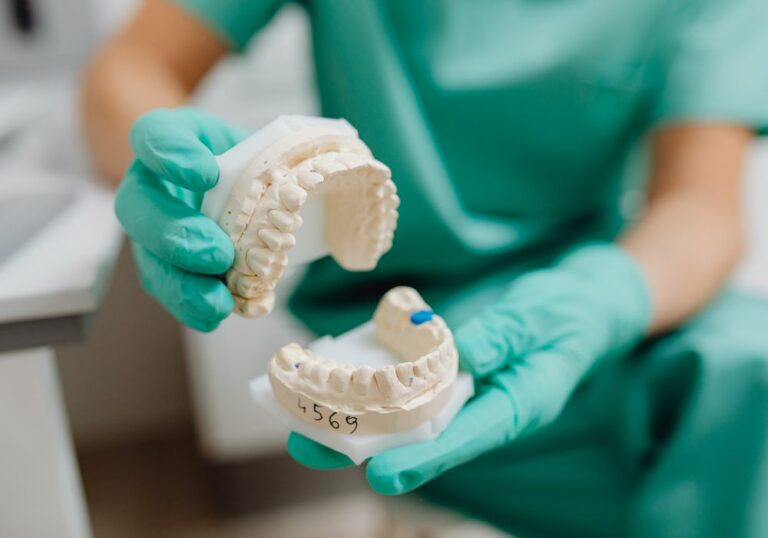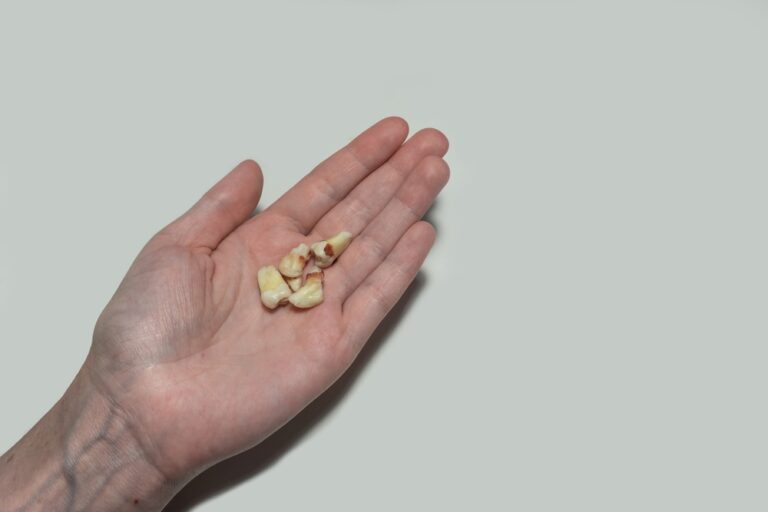Temporary or short-lived tooth pain is very common and usually caused by sensitivity to hot or cold foods and drinks. However, repeated or persistent toothaches can sometimes indicate an underlying dental health issue that needs professional care. This article explores the various reasons you may get sudden tooth pain that comes and goes, when to see a dentist, and how to manage discomfort at home.
What triggers temporary tooth sensitivity?
Your teeth can succumb to brief jolts of pain in response to various triggers. Common culprits include:
1. Temperature changes
The most common cause of temporary tooth pain is exposure to hot or cold foods, drinks, or air. This happens because temperature swings cause expansion and contraction of the fluid inside tiny tubes in your teeth called dentin. The fluid movement puts pressure on the nerves in the pulp of your tooth, resulting in sharp, momentary pain.
Dental experts refer to this as dentinal hypersensitivity. It’s especially common along the gumline and neck of the tooth where softer dentin is more exposed. The pain typically goes away a few seconds after the temperature returns to normal.
2. Sweets and acids
Sugary, acidic, and starchy foods feed the plaque bacteria in your mouth. As they digest carbs and sugars, these bacteria release acids as a byproduct. These acids slightly demineralize and erode your enamel.
When the acids reach the softer dentin underneath, they inflame and irritate the tooth’s inner pulp which contains nerves. This stimulation causes a temporary pain response. Sticky foods like caramel, dried fruit, or bread can also pull at teeth and strain nerves.
3. Cracked teeth
When a tooth’s enamel is damaged from injury or decay, it can develop microscopic cracks reaching the inner dentin. Air, fluid, and bacteria can seep into these cracks, especially when chewing pressure widens them. This irritates the nerves and results in sudden pain when biting down which recedes afterward.
4. Receding gums
Gums naturally recede over time or from periodontal disease, exposing sensitive tooth roots. The cementum covering roots contains more nerve endings than enamel. Hot, cold, or acidic foods can penetrate to these nerves and cause temporary discomfort. Exposed roots are also more vulnerable to decay.
5. Grinding and clenching
Involuntary teeth grinding or clenching (bruxism) puts intense strain on teeth. This can fracture enamel, wear down tooth surfaces, and put pressure on nerves. Grinding episodes at night are a common cause of mysterious tooth pain that’s present upon waking but fades afterward.
6. Recent dental work

It’s very common to have tooth sensitivity after procedures like fillings, crowns, bridges, implants, or tooth extractions. This post-procedure pain is temporary as nerves and tissues heal from inflammation and irritation caused by drilling, pressure, or changing tooth structure.
7. Sinusitis
When your maxillary (upper) sinuses behind your cheekbones become inflamed from sinusitis, this can put pressure on the roots of your upper back teeth. The shared nerve supply between your sinuses and upper teeth can cause sinus pressure to feel like a toothache.
When to see your dentist?
Not all temporary toothaches require dental attention. Brief sensitivity from hot/cold drinks or foods is usually harmless, provided the pain resolves immediately after the temperature change ends.
However, you should make a dental appointment right away if you have:
- Repeated episodes of temporary tooth pain
- Lingering pain lasting over 1-2 days
- Discomfort that disrupts sleep
- Sensitivity to temperature that outlasts the trigger
- Facial swelling around the painful area
- Bleeding, redness, or pus around gums
- Pain when chewing or biting down
- Suspected cracks, chips, or damage to teeth
- Fillings falling out
- Unexplained tooth discoloration
These symptoms may indicate underlying issues needing prompt dental assessment and treatment, such as:
- Dental abscess (bacterial infection)
- Cracked or fractured tooth
- Cavities or decay
- Pulpitis (inflamed nerve)
- Periodontal (gum) disease
- Sinus problems putting pressure on upper teeth
Leaving these conditions untreated allows them to worsen over time, eventually causing permanent tooth damage and loss. It’s best to get checked immediately for a proper diagnosis and rapid resolution.
How dentists determine the cause of temporary pain?

During your dental visit, your dentist will likely:
- Check for visual signs of decay, cracked enamel, gum recession, redness or swelling
- Examine the bite and look for chips, fractures, and irregular wear indicating grinding/clenching
- Test teeth’s reaction to hot/cold airflow to isolate sensitive spots
- Tap gently on teeth to highlight areas eliciting discomfort
- Take x-rays to reveal inner structural problems not visible from outside
- Probe and measure gum pockets to check for periodontal disease
- Discuss your symptoms, pain triggers, and oral health history
These methods help dentists pinpoint issues based on where the pain originates and clinical findings. Proper diagnosis of the underlying problem then guides suitable treatment.
Professional treatment options
Depending on the cause identified, your dentist may recommend various treatments to resolve temporary toothaches, such as:
- Fillings or crowns to treat cavities or cracks
- Root canal therapy to repair inflamed/infected nerve pulp
- Tooth extraction for non-restorable decay or damage
- Occlusal guard to protect teeth from grinding/clenching
- Bite adjustment to correct alignment and distribution of chewing forces
- Gum disease therapies like scaling/planing to reduce swelling and recession
- Antibiotics or dental abscess drainage if infection is present
These treatments aim to fix the source of irritation and prevent repeated minor pain episodes. Prompt intervention leads to better outcomes.
Ways to manage temporary tooth discomfort at home

While waiting to see your dentist, you can try these self-care measures for relief:
1. Avoid thermal extremes
Prevent pain by steering clear of excessively hot or cold foods and beverages that aggravate sensitivity. Wait for items to reach a comfortable temperature.
2. Take over-the-counter pain medication
Anti-inflammatories like ibuprofen (Advil) or acetaminophen (Tylenol) can help reduce inflammation and nerve irritation. Follow dosage instructions.
3. Rinse with warm salt water
Warm salt water helps draw out fluid buildup, reduces swelling, and keeps areas clean. Dissolve 1/2 teaspoon salt in a cup of warm water and rinse for 30 seconds.
4. Use topical dental gels and toothpastes
Products containing potassium nitrate or stannous fluoride can help block sensitivity and numb areas through various mechanisms. Follow product instructions.
5. Try cold compresses
Applying an ice pack or cold compress against your cheek can constrict blood vessels and reduce inflammation, soothing sensitive teeth. Use a wrapped ice pack for 10-15 minutes at a time.
6. Maintain diligent oral hygiene
Brush twice daily with a soft or extra-soft toothbrush and floss once daily. This prevents plaque buildup, gum irritation, and dental decay that can lead to sensitivity.
7. Manage stress
Anxiety and stress can exacerbate grinding and clenching which may cause temporary tooth discomfort. Using relaxation techniques can help lower stress levels.
Visiting your dentist promptly for evaluation and treatment can help resolve temporary toothaches and prevent major complications. Don’t delay if pain persists or keeps returning. With proper dental care, your smile can stay healthy and comfortable.
Frequently Asked Questions
Why does tooth pain come and go?
Tooth pain that comes and goes is often due to sensitivity to temperature changes, sweet foods, or pressure on irritated nerves from issues like damaged enamel, cavities, or cracked teeth. The pain recedes once the trigger or pressure is removed. However, consistent intermittent pain should be evaluated professionally.
Is it normal for tooth pain to last days then disappear?
No, it’s not normal for tooth pain to last for days then suddenly vanish. Lingering toothaches that resolve spontaneously may indicate a serious underlying dental issue like an infection or abscess. These require prompt treatment, so it’s important to get examined immediately by your dentist.
What does it mean if I have tooth pain with no cavity?
You can still have tooth pain even if it’s not due to a cavity. Other possible causes include cracked teeth, sinus problems, gum disease, grinding/clenching, or dental irritation after procedures. It’s important to see your dentist to determine the source of discomfort. An exam and x-rays can detect issues undetectable by eye.
When should I worry about temporary tooth sensitivity?
Brief sensitivity from temperature changes is usually harmless. However, if you have recurrent sensitivity lasting after hot/cold exposure, lingering pain beyond 1-2 days, discomfort waking you from sleep, or other concerning symptoms, you should be evaluated by your dentist right away for proper diagnosis and treatment.
How can I tell if my tooth pain is from a sinus issue?
Sinus-related toothaches usually affect upper back teeth. Symptoms may worsen when bending over and improve when tilting your head. You’ll also likely have other sinus issues like headache, congestion, or facial pressure. If allergy treatment doesn’t relieve tooth pain, see your dentist to rule out dental causes.







